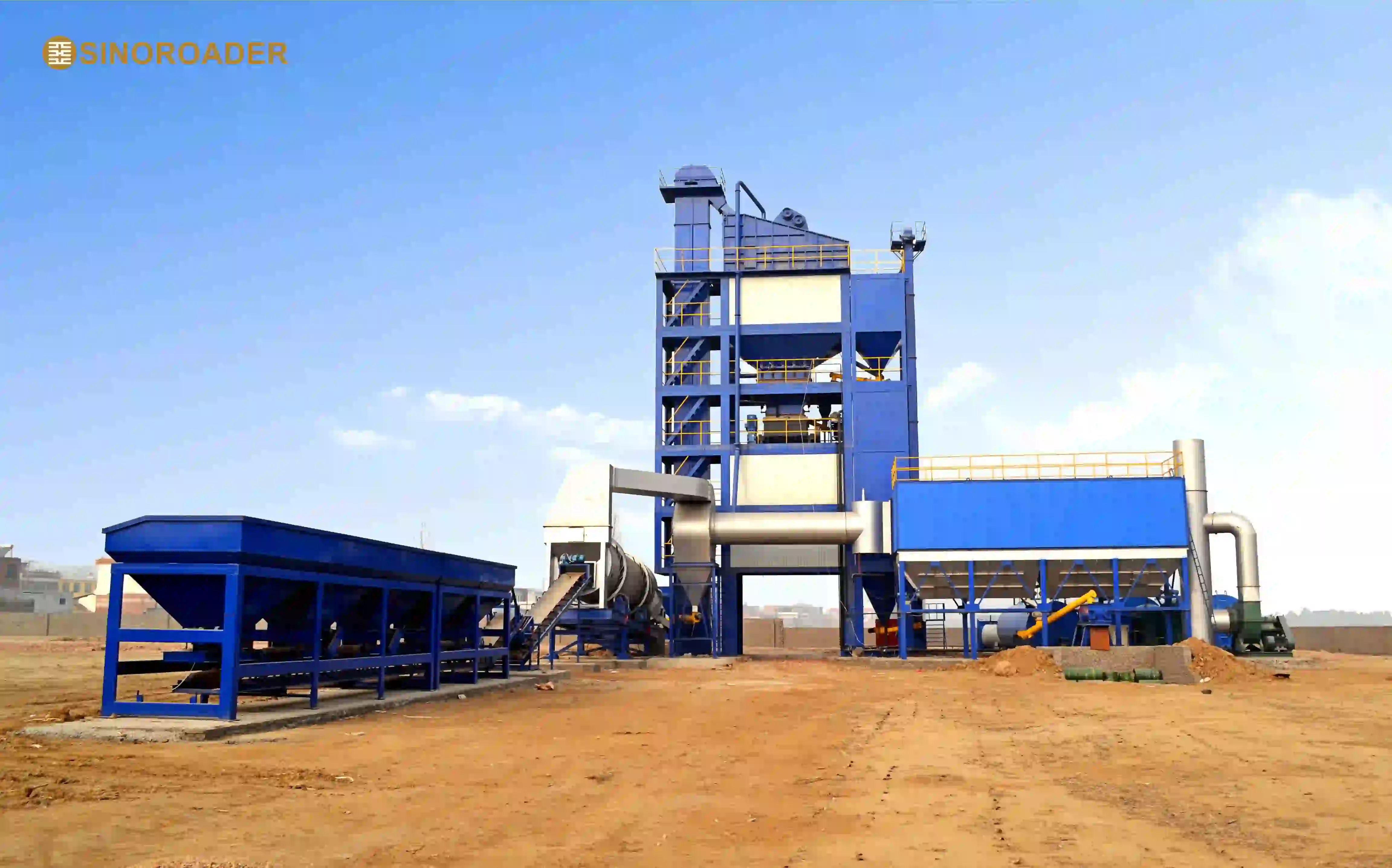Petroleum asphalt is a product of crude oil processing. Its main components are oil, resin and asphaltenes, and a small part of asphalt carbon, carbon-like substances and waxes. Petroleum asphalt is generally used as infrastructure materials, raw materials and fuels, and is mainly used in the fields of transportation, construction, agriculture and water conservancy projects. Although petroleum asphalt has a wide range of applications, many users do not know much about its production methods, so a brief introduction will be given next.

There are many ways to produce petroleum asphalt. Distillation is one of the more common ones. It is to separate light fractions such as gasoline, kerosene, and diesel from crude oil under normal pressure, and then to separate vacuum distillates through vacuum distillation. If the remaining residue after these processes meets the asphalt road specifications, it will be left to directly produce asphalt products, which is the main method of producing road asphalt.
The solvent precipitation method is also one of the more common asphalt production methods. The non-polar low-molecular-weight alkane solvent has different solubility for each component in the vacuum residue, and then uses this solubility difference to realize the component. In this way, components that are harmful to the properties of bitumen can be removed from the vacuum residue, and then a standard bitumen product can be produced.













 March 10, 2023
March 10, 2023 


